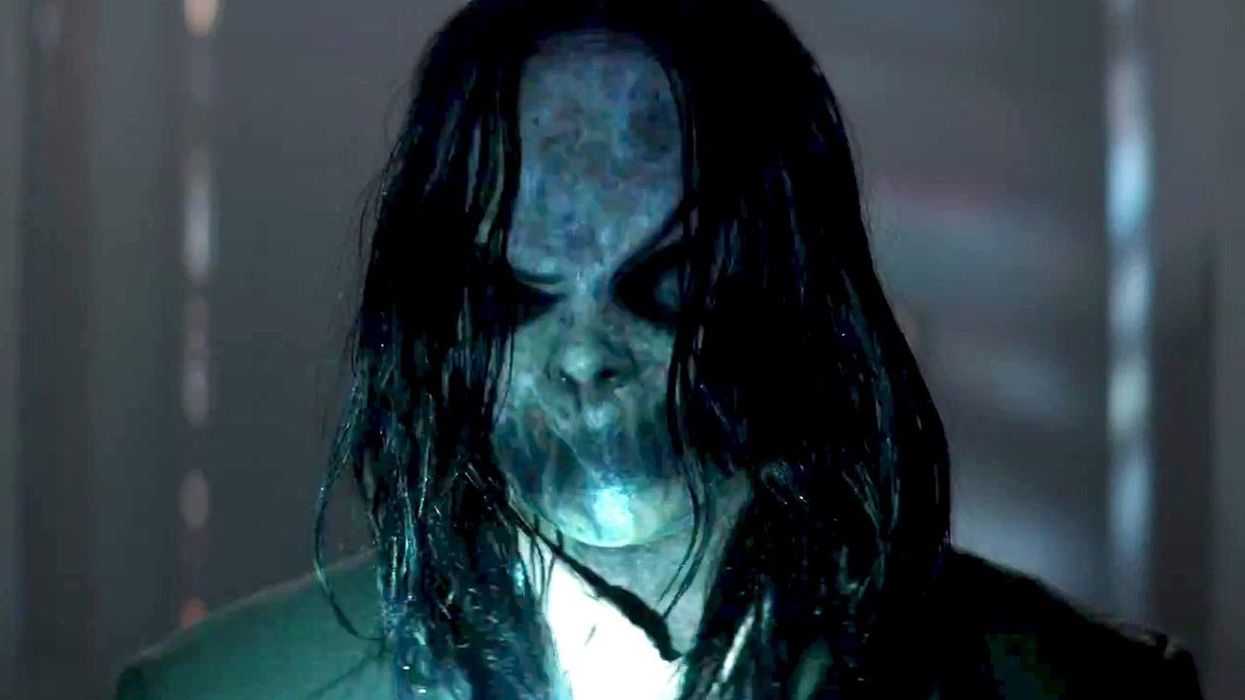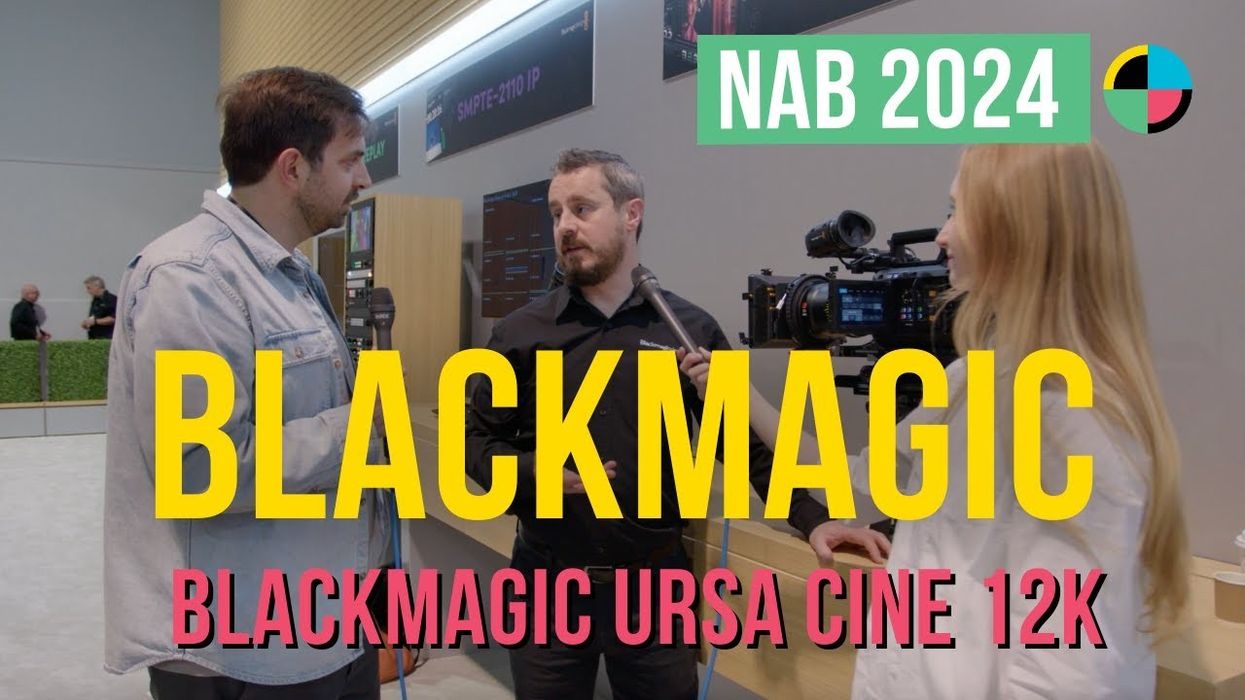8 Tips from C. Robert Cargill’s Horror Movie Writing Crash Course
Horror movies allow you to turn your nightmares into something productive.

When it comes to writing horror movies, we're no strangers to diving deep into what scares us. Horror movies are basically like riding roller coasters. You want to take the audience through insane trials and tribulations and see who's standing on the other side.
But how do you do that? How do you create a story that is not just scary but engaging, entertaining, and memorable, too?
Lucky for us, screenwriter C. Robert Cargill, the mind behind Sinister, Dr. Strange, and many other horror and horror-adjacent projects tweeted out a list of tips for writers trying to tackle horror films.
I read through the list and found it to be an inspirational and practical approach not only for myself but for our readers.
While that tweet is excellent, take a look at the list in expanded form.
Let's take a moment to reflect on these points!
As a big fan of genre writing, I think C. Robert Cargill is great, and the perfect working writer for a lot of us to emulate. I also am just happy he took the time to write these tips down. It's really hard to get inspired these days, so any time a pro helps jumpstart our brain, we appreciate it.
The way into a great story is to assemble some great characters.
So focusing on their arc and development is a great way into writing.
I think the hardest part of his advice is searching yourself...what scares you?
We talk about the idea of a Le Menu...something to understand who you are and what you want to write. Answering what scares you is the first step into entertaining an audience.
After all those ideas, the rest is structure. Having those scary set pieces almost every 10 pages. Lucky for you, we made a story map just for horror movies that can help you track the scares throughout the story.
Especially when you're trying to add little instances of comedy to juxtapose against the dire.
It's something many people forget but it a tenet of horror writing.
When people are watching a movie they want to identify with the characters. So, the way they try to escape has to make sense. You don't want them walking into random rooms for no reason or failing to go out the front door. It takes people out of the movie.
Finally, keeping the story around 100 pages is always advisable, but especially in horror. Grip them and never let them go. Keep it exciting and the audience will thank you.
Up next: Get our free screenwriting eBook!
So much of what we're talking about on No Film School when it comes to screenwriting is summarized in our new eBook. It also helps guide you through a 10-week writing plan that will get your script actually finished.















